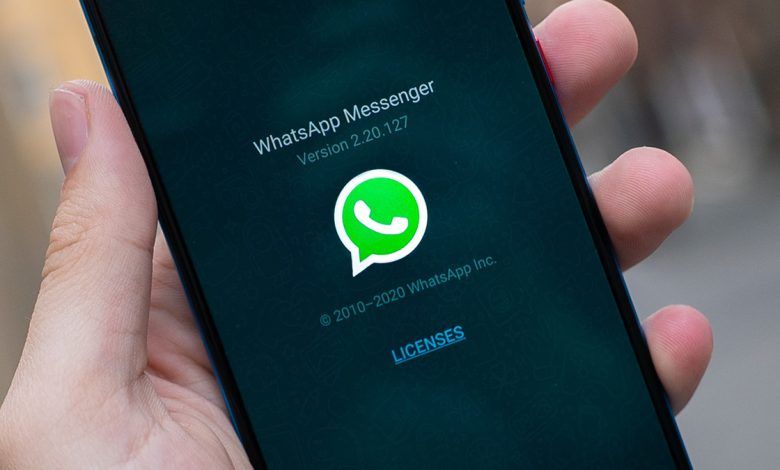U.S. House Bans WhatsApp on Official Devices Over Security, Privacy Concerns

The U.S. House of Representatives has formally banned the use of WhatsApp on all official devices, citing significant data privacy and cybersecurity concerns linked to the popular messaging platform owned by Meta.
In a memo issued Monday, the Office of Cybersecurity designated WhatsApp as a “high-risk” application, pointing to insufficient clarity around its data protection protocols, the absence of encryption for stored messages, and other potential vulnerabilities that could expose sensitive communications.
The office advised lawmakers and staff to switch to alternative, more secure platforms for official communications—specifically recommending Microsoft Teams, Apple’s iMessage and FaceTime, Signal, and Amazon’s encrypted messaging app Wickr.
Meta, the parent company of WhatsApp, pushed back strongly against the ban.
“We disagree with this decision in the strongest possible terms,” a Meta spokesperson said. “WhatsApp provides a higher level of security than the other approved apps.”
The ban follows a pattern of heightened scrutiny over foreign and third-party apps on government devices. In 2022, Congress removed TikTok from federal devices over fears of data exposure and foreign surveillance.
Monday’s directive also comes on the heels of recent revelations that Israeli spyware company Paragon Solutions allegedly targeted WhatsApp users, including journalists and members of civil society—further fueling concerns about surveillance and app vulnerabilities.
Cybersecurity analysts say the move underscores a growing shift in Washington toward tightening digital hygiene in government and minimizing exposure to tools that lack transparent data practices or pose espionage risks.





